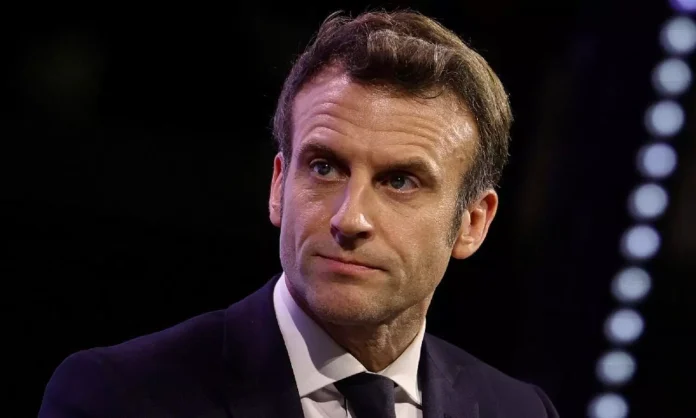France now stands at a serious juncture as parliamentary elections approach, President Emmanuel Macron said yesterday after markets collapsed.
Upon leaving the G7 summit, the French president slammed the all-party opposition. Macron said the economic programmes of the left-wing alliance and the far right were “unrealistic, incoherent and not serious.” The statements came as French markets lurch in the wake of snap elections announced by the French president after he faced defeat in last week’s European Parliament elections.
Consequently, investors backed away from the prospect that Macron’s centrist, pro-business Renaissance party (RE) would lose further ground in parliament in two rounds of voting, on 30 June and 7 July.
“We are at a very serious moment in the history of our country. There are major issues at stake, with wars, and with unprecedented economic challenges,” said Macron, speaking at the end of a G7 summit in Italy.
Earlier, French Finance Minister Bruno Le Maire said the same, saying France would face the risk of a financial crisis if the far right or left wins because of the high spending in its plans.
“They are not ready to govern,” Macron told reporters before getting on a plane back to Paris. “There are two extreme blocks today who are not responsible, and who are promising gifts to people that are not financed.”
Marine Le Pen’s RN party may win – polls show
According to polls, Marine Le Pen’s RN party may win the election and get to run the government because of her promise to cut electricity prices and VAT on gas, as well as increase public spending.
A poll for Le Point published last night shows National Rally leading in the first round of parliamentary elections, just ahead of a coalition of left-wing parties called Popular Front. The poll showed the RN would get 29.5 per cent of the vote, compared to 28.5 per cent for the Popular Front and 18 per cent for Macron’s camp.
The RN will announce details of its economic programme in the coming days. However, so far it has only given general comments about increasing household purchasing power and lowering energy prices. According to information from the 2022 elections, the RN will mainly stick to reducing VAT on energy to 5.5% from the current 20% and increasing public spending despite the significant level of public debt.
